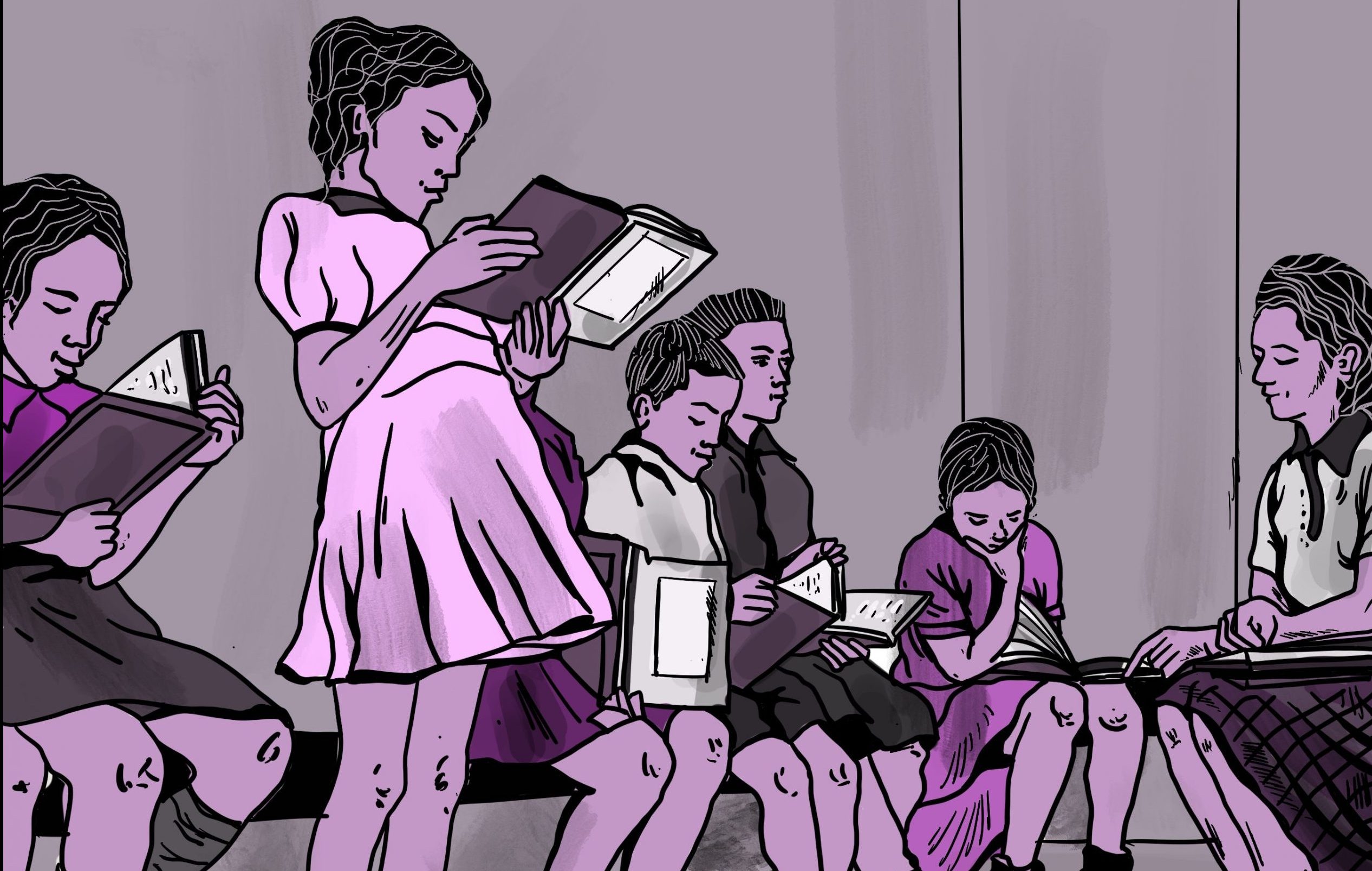Education is undisputedly a fundamental human right that should have been accessible to all, yet it has become an exorbitant commodity.
Global News reported in 2018 that students owe over $28 billion collectively in student loans to all levels of government. Amidst this unjust financial overburdening of students, some call out the monetization of education as a violation of human rights, yet fail to understand the root cause that justifies this draconian exploitation.
Imparting knowledge is arguably the greatest gift of nature bestowed upon humanity. While knowledge has always paved the path to progress, the primary purpose of imparting knowledge has not remained the same as what it was a few centuries ago.
The purpose of education has shifted from communal good to individual opportunism.
The ultimate purpose of education, much like every other human activity, was subject to ample debate in classical Greece; the civilization known as the cradle of enlightened thinking. The Greeks had established education to be a fundamental human right with the purpose to raise intellectually and morally enlightened citizens for the greater good of the community.
Founded in seventh century Morocco by a Muslim woman, the university became the first formalized degree-awarding educational institution in human history. For the medieval Muslims – much like the Greeks before them – education, along with empirical sciences, was centered on communal ethics and spiritual contentment.
Paying for a fundamental human right was unfathomable. The rich would voluntarily grant a financial endowment to these institutions while the poor would study indiscriminately and free of cost. Thus the universities or classical educational institutions would have no formal fee structure as a prerequisite to admission.
Education has come a long way; in an era dominated by capitalist and individualist philosophies, the purpose of education has shifted from communal good to individual opportunism. Courses, curriculums, and the institutional environment have all been designed for students to attain a ‘good’ financial career as the epitome of success and sole purpose of their education.
To put it into perspective, I took courses on ethics and behaviour at York, and to my astoundment, these courses focused purely on maximizing financial gains by disciplining the aforementioned traits. While ‘service for humanity’ and ‘building an egalitarian world’ are terms frequently sprinkled in textbooks, in reality they have been reduced to hollow slogans with no practical demonstrative focus.
It comes as no surprise that educational institutions have strayed from their intended purpose.
Knowledge becomes free only when it is considered to be a common human heritage to be used for the greater good of humanity.
Recently, renowned English scientist and futurist James Lovelock remarked on live TV that the ultimate future for humankind is to become irrelevant and consequently be replaced by a more effective conscious being, namely artificial intelligence. A statement as outrageous as this begs the question of the purpose of modern education.
Scientific progress has always been a means to maximize collective comfort and ensure the survival of humanity — but with this paradigm shift of epistemology, it seems as if our very inventions are meant to be the means to our miserable end.
Educational endeavors now seem to normalize a Darwinian model of social life — a life where sanctity and morals have no values and revolves around the ‘survival of the fittest.’ Communal values are dead at a cultural level, half-heartedly clinging on to the moral legacy from their not-too-distant religious history.
For the ‘rationalist,’ as one would proclaim to be, the best life is one with lots of material pleasures, with no focus on service for humanity. The root cause of this is the diversion of education from having ethical and communal purposes to purely individualistic economic goals.
Knowledge becomes free only when it is considered to be a common human heritage to be used for the greater good of humanity.
Muhammad Hunain Khan is an alumnus of Aitchison College, Pakistan and is currently pursuing his Bachelor’s at York where he serves as the Community Director for the Pakistan Students Association. He frequently writes on politics, history, and current affairs.


